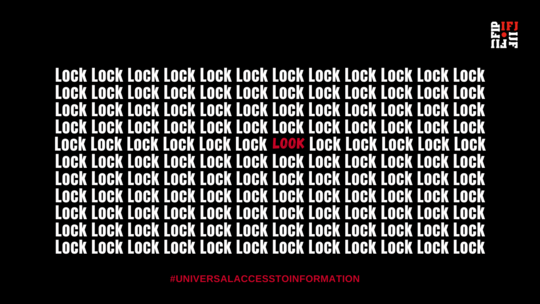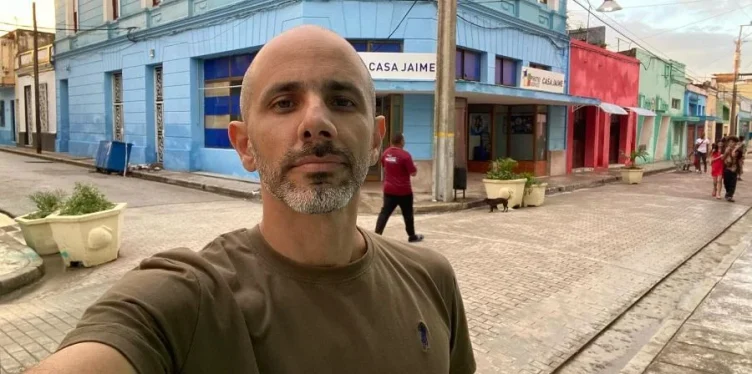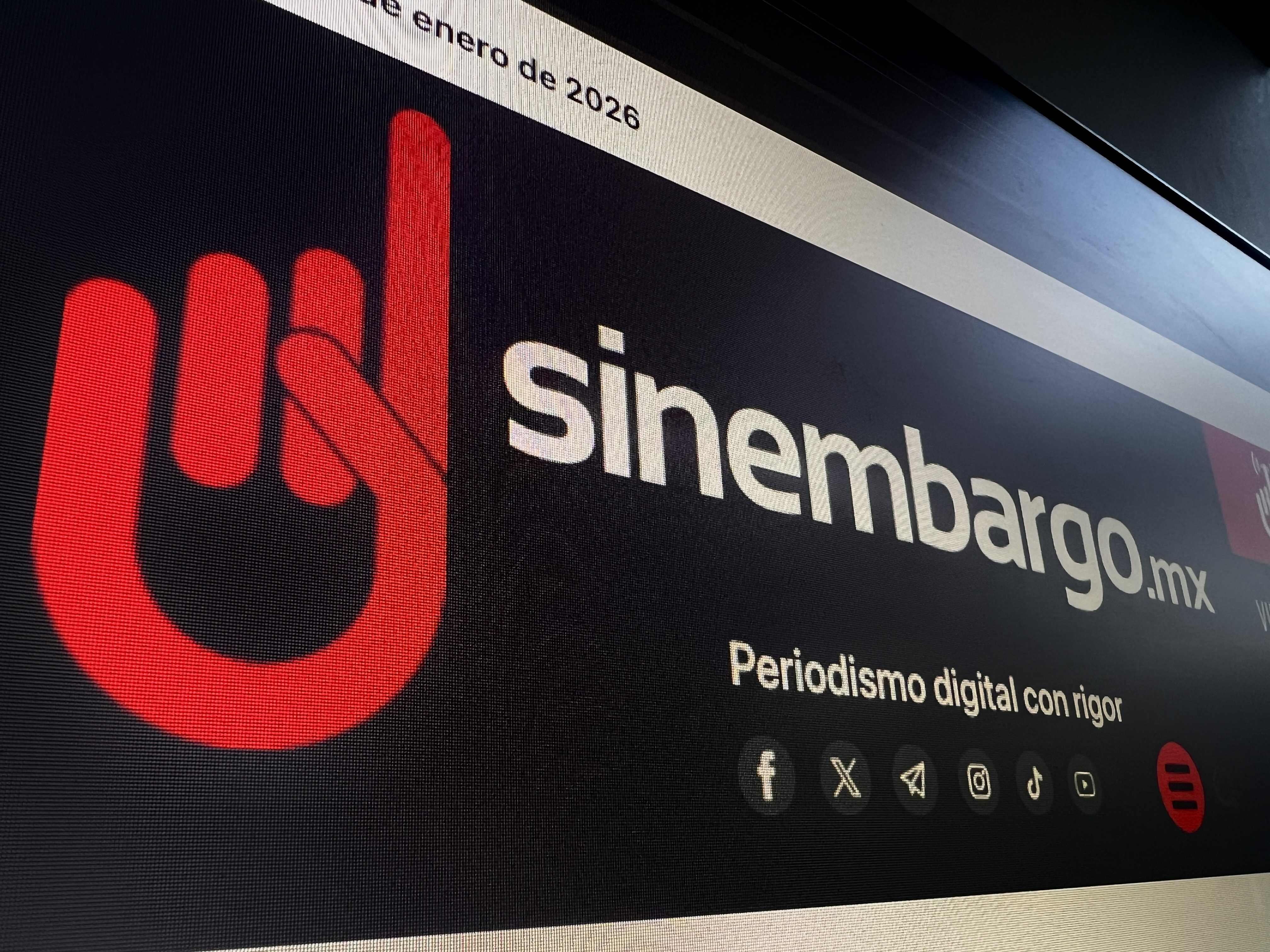
No to Secrets: Journalists Worldwide Demand End to Information Blackouts
September 27, 2024
Legal Intimidation in Ukraine: IPI Condemns Lawsuit Campaign by Politician Andriy Portnov
September 27, 2024September 27, 2024 – Brazil –
As Brazil prepares for its October 2024 municipal elections, a disturbing wave of digital hostility has engulfed the country’s press. According to a new report by the Coalition in Defense of Journalism (CDJor), with support from Reporters Without Borders (RSF), more than 37,000 online attacks were recorded against journalists in just six weeks—from August 15 to September 27.
The majority of these attacks took place on X (formerly Twitter), which accounted for 90% of all incidents. Posts often included derogatory slurs like “trash,” “shame,” or “activist,” and painted journalists as enemies of public interest. Many of the attacks came from far-right users, some explicitly aligned with former President Jair Bolsonaro, and expressed anger toward Brazil’s judiciary and democratic institutions.
What’s even more troubling is the gendered and racialized nature of the abuse. Female journalists and those from minority backgrounds were disproportionately targeted, particularly on Instagram, where misogynistic and racist language was common. These digital assaults are not only emotionally and professionally damaging—they also risk silencing underrepresented voices in media.
The violence hasn’t remained online. At least seven physical or verbal attacks against journalists were reported during campaign events in nine of Brazil’s largest cities. In one shocking incident, a journalist was threatened with a gun by a political candidate after asking a critical question.
CDJor and RSF warn that this level of hostility undermines press freedom and democracy itself. As Brazil’s elections approach, journalists play a critical role in informing the public, holding candidates accountable, and ensuring fair coverage. But rising digital threats—especially on platforms like X under Elon Musk’s leadership—are making that work increasingly dangerous.
The report urges urgent action. Social media platforms must take stronger measures against coordinated harassment campaigns, and Brazilian authorities must recognize that digital threats often translate into real-world harm. Without robust protections and accountability, journalists may be forced into silence—leaving voters without the information they need to make informed choices. In a democracy, that is a loss too great to accept.
Reference –




